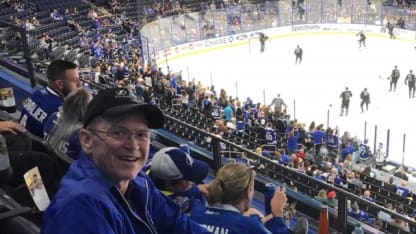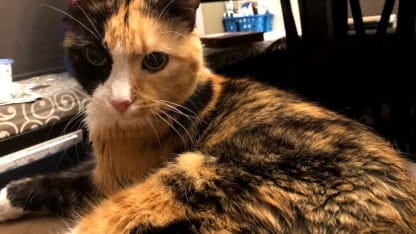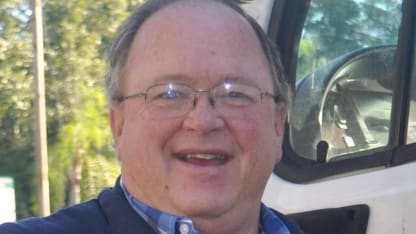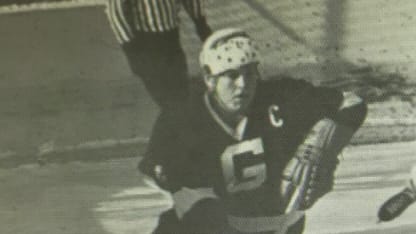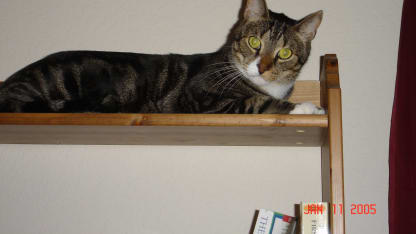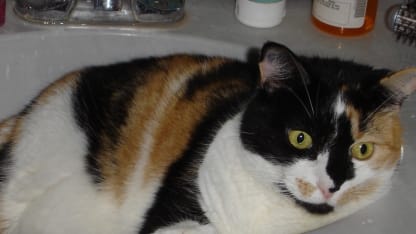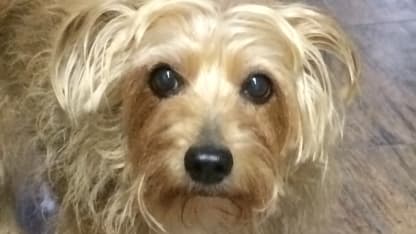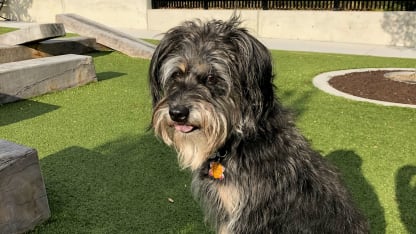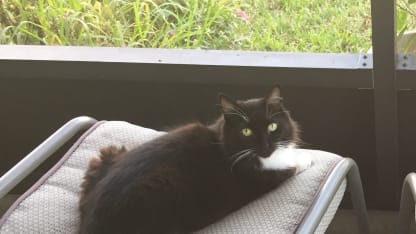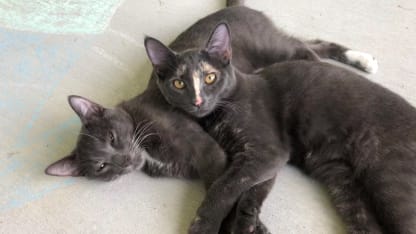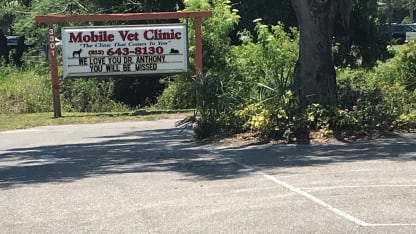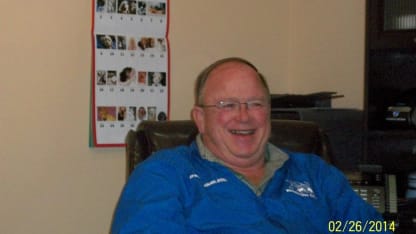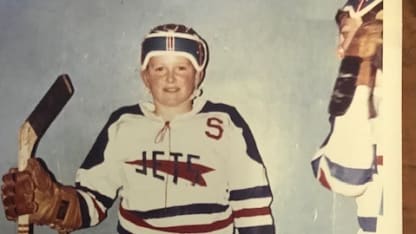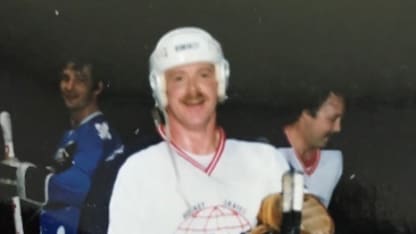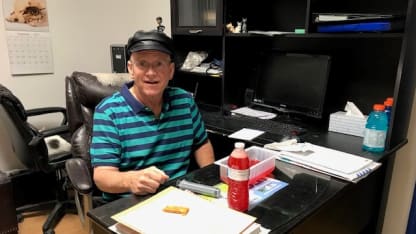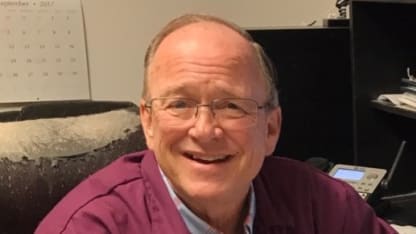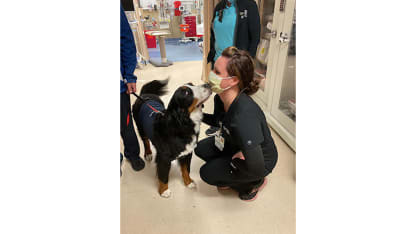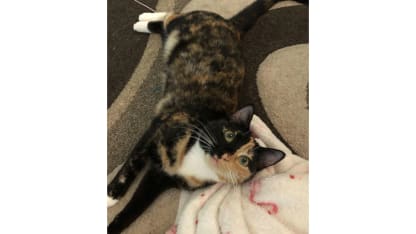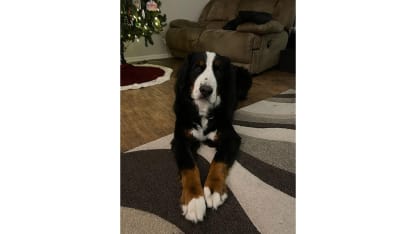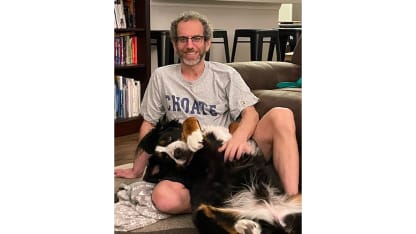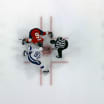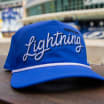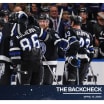Last November, Dulcie had her regular follow-up at Florida Cancer Specialists, where she had received her treatment. Afterwards, as we were leaving the large waiting room, we heard a voice behind us call my name. "Dave! Dave Mishkin!" We turned around and a man waved. He looked familiar. "Is that Doc?" Dulcie asked.
It was. He'd lost weight, but his smile was, as usual, a beaming one. "How are you?" he asked Dulcie. "Fine," she said. Then cautiously, "You?"
"Esophageal cancer. Look at all the weight I've lost!"
He was going to start chemo. He was planning on still practicing. About the prognosis, he didn't say. He just shrugged, "I'll have to sleep sitting up for the rest of my life."
A few months later, I reached out on text. He wrote me that the doctors had to momentarily stop chemo because of a complication in his stomach. But treatment was ongoing.
Later, we heard from a friend - and client of his - that he had just treated her animals, so true to his word, he was still working.
Shortly after the Lightning's season ended, Dulcie and I stopped by his office to see how he was doing. Vic was at the desk. "Not good," she said. "He's in the hospital. They've stopped treatment." What a gut punch. Stunned, we drove home in a daze.
The next day, Vic called me. "I talked to Doc yesterday and told him you were in. He'd like you to phone him." Minutes later, I made that call.
---
"How does a team that wins 62 games lose four straight? I know Columbus was tough, but jeez!"
Doc vented about the abrupt end of the season. Then he mentioned that he hoped to get released from the hospital in the next few days.
I didn't understand what that meant for him in the short-term. "Are you going to work?"
"No," he sighed. "I'm done."
He spoke the next words so naturally, without bitterness or anger. "They're going to release me so I can go home and ….," he paused, "survive as long as I can.
"I'm hoping to see the end of the Stanley Cup. That's about six weeks away."
---
He didn't make it that long. Despite his Massachusetts upbringing, he didn't like the Bruins, so he probably would have especially enjoyed the finish.
Even though he told his staff that he didn't want a service, they put on a Celebration of Life. "Too bad!" they told me. "We're doing it!" I attended. I met his older sister Carol and got to share memories with other friends and clients. Afterwards, I was left with two lingering thoughts.
